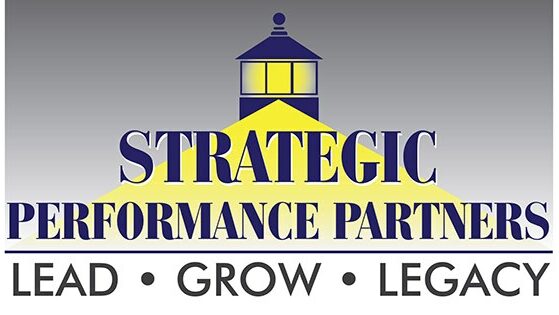IBM and Salesforce is the newest strategic alliance to rock the technology world. This week I get to see and hear how their CEOs see this powerful strategic alliance impacting their employees, customers, and partners. Marc Benioff and Ginni Rometty will be speaking at IBM InterConnect today and you have a front row seat!
This new strategic alliance has many executive leaders wondering what it will mean to their organization’s technology roadmap and strategy. This alliance could be transformational for both Salesforce and IBM. Today, I share what I’ve seen work in successful strategic alliances.
I’ve been blessed to be involved in critical strategic alliances for over 25 years. I’ve worked with clients to develop strategic alliance criteria for successful partnerships that help us understand what needs to happen to build a successful strategic alliance.
Today, I’m writing about the strategic alliance intangibles that seem to be present in most successful partnerships. If they are not present, the alliances typically fail. Leaders feel almost 70% of their strategic alliances fail every year. The people who work with this strategic alliance framework succeed over 90% of the time!
Successful strategic alliance partners invest time to understand their partner’s culture. When you look at why most alliances fail, it’s not an issue of technologies not working well together. Many times, neither partner clearly understands what makes the other exceptional. It’s paradoxical, but the reason you choose your strategic alliance partner isn’t why you’re able to grow a successful partnership.
Successful strategic alliance partners have clearly defined rules and expectations for their partnerships. It is critical that both organizations develop strategic ground rules on how the alliance will be led and managed. I also believe it is critical that both partners understand these rules of engagement. It will be interesting to see who is responsible for sharing what is going to happen and when.
I hope to talk with several people from both IBM and Salesforce about how they plan to implement this strategic alliance. Many times, in the past, the strategic alliance has been announced with significant publicity, but fails because it lacks a plan for implementation. Who is in charge and how we evaluate the results are critical in the early stages of the alliance. No clear numbers ensure an alliance’s failure.
Successful strategic alliance partners consider the customers and their partner’s view of the new partnership. It’s amazing to me that the reason many strategic alliances fail is because the customer is unsure of what benefits they receive from the new partners’ products and services. Will this happen in the IBM Salesforce alliance?
On the partners’ side of this strategic alliance, I have been surprised at how many IT consulting and professional service companies offer one, if not both, core products in this strategic alliance. Many of the smaller and midmarket organizations I talked with were much clearer about how to engage Salesforce. The good news for IBM is that many new customers will be exposed to Watson Analytics. I’m a huge fan of Watson Analytics and what it can do for entrepreneurs. Now with a much-expanded client base I expect significant growth in middle market organizations.
Successful strategic alliance partners have transformational chemistry. This doesn’t always mean they agree on everything, but they understand each partners’ perspective on why and how decisions are made. It will be interesting to see to see how Ginni Rometty and Mark Benioff interact together.
You might be wondering how often these challenges rise to the level of CEO. The bigger the strategic alliance, the higher level the challenges can be escalated. This is a huge strategic alliance for both IBM and Salesforce. Its success or failure will make a major impression on Wall Street and institutional investors.
Successful strategic alliance partners must be embraced across all levels of the organization. Every person on your strategic alliance team must be committed to making their alliance work. It’s critical they are empowered to act to ensure early success. They must have a clear collaboration strategy with their peers and stakeholders in their partner’s organization. Successful strategic alliance is a contact sport.
Both these CEOs have invested significant political capital to make this strategic alliance happen. In many ways, it will not only impact their organizations, but technology markets for the future. If it works out, it could kick off a series of new strategic alliances, and mergers and acquisitions.
On the other hand, if it doesn’t succeed, I believe we will see increasing consolidation among smaller organizations as well as many smaller organizations funding sources dry up. I might be a bit hyperbolic, but it’s based on M&A and private equity activities of the past 30 years.
I believe if it fails for lack of effort on either partner’s part, it could cost the CEO their job. Today’s investors are a fickle bunch. Many investors believe that both these organizations must gain from critical strategic alliances.
I’m looking forward to this week’s IBM InterConnect Conference. It’s a great opportunity to see the early stages of the next big thing for my midmarket clients. I can’t wait to share what I hear and see. I guess what happens in Las Vegas stays won’t stay in Las Vegas this week!
See you next week.

